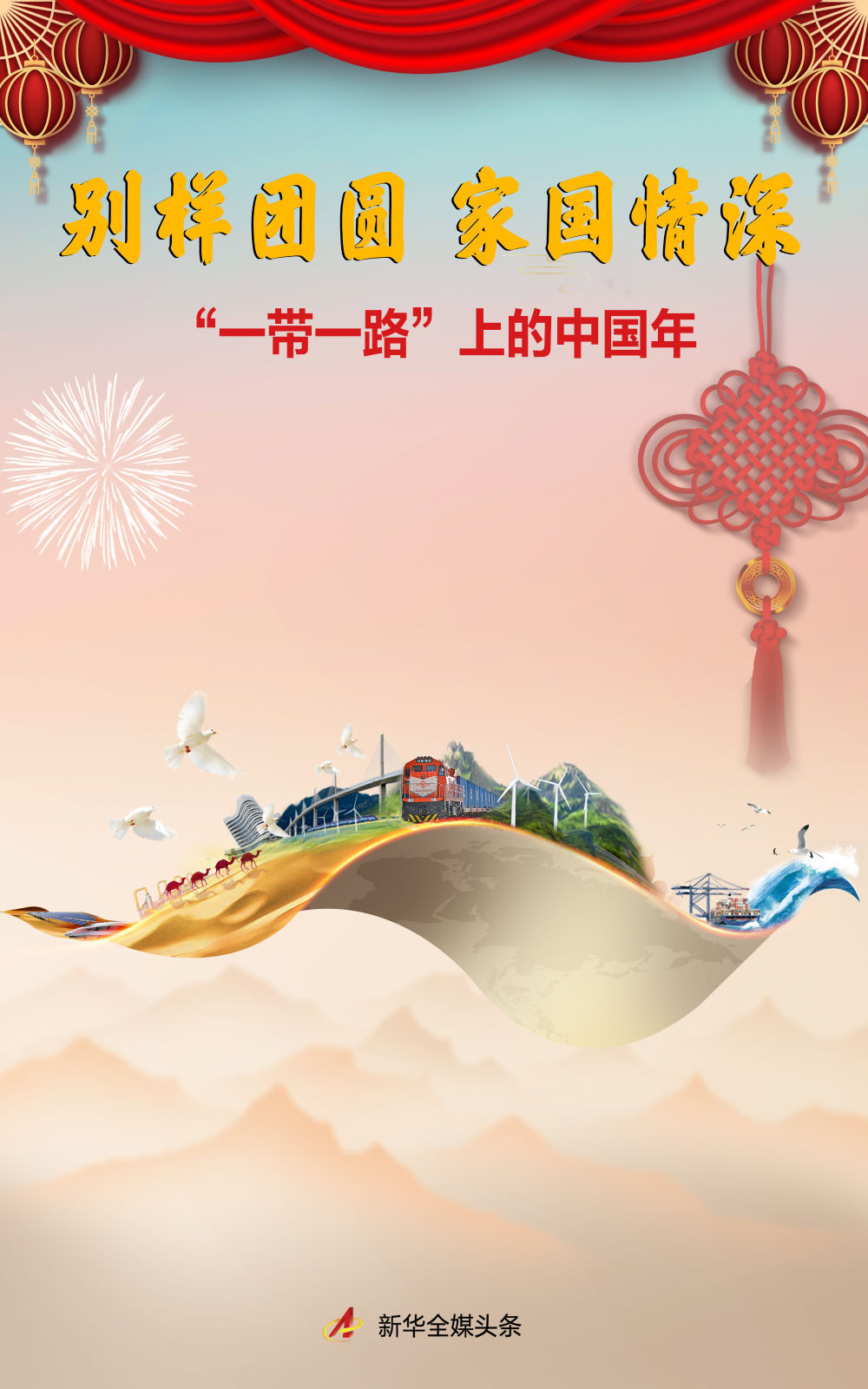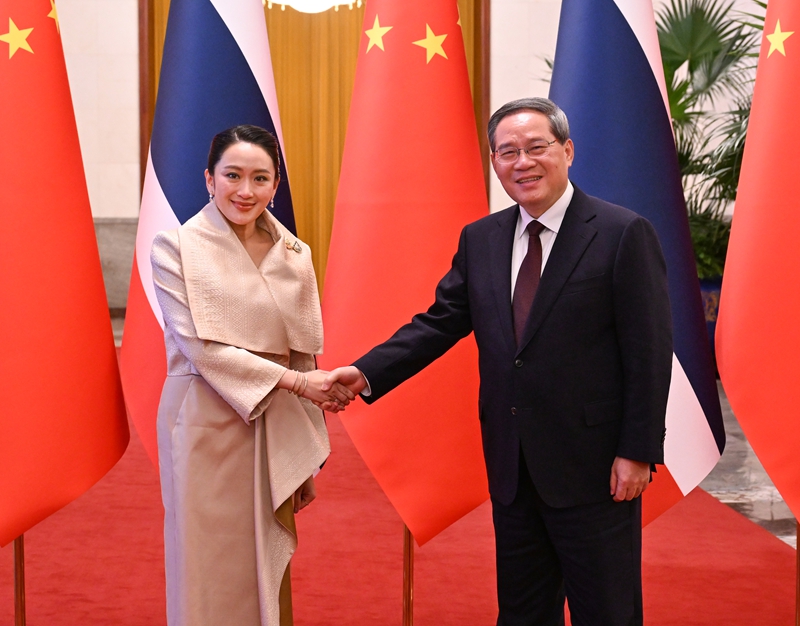Trump's Usual Advice To The World: The United States' Bargaining Chips Are Better Than Beijing! Before The Speech Ends, Chinese Special Plane Will Arrive In The United States
Trump's Usual Advice To The World: The United States' Bargaining Chips Are Better Than Beijing! Before The Speech Ends, Chinese Special Plane Will Arrive In The United States
If the United States really plays the rare earth card, the impact on the short term may be its own military and high-tech enterprises, which is also the key reason why the Pentagon reminds the Trump administration many times. For China
Trump just said at the White House that "the cards in the United States are stronger than China." Not long after, news came out that a Chinese special plane was about to fly to Washington for economic and trade talks. This coincidence naturally caused discussions from the outside world: Is this China's "submission"? Or is it a normal diplomatic game between major powers? If you analyze it carefully, you will find that this is not a simple "who bows his head first", but a deep struggle between China and the United States in the economic, technological and international landscape. Can Trump’s so-called “200% rare earth tariff” and “Boeing’s supply cutoff” really hold China’s lifeline? The answer is not that simple.

First, let’s look at the rare earth problem. Trump threatened to impose 200% tariffs on China's rare earths, but the problem is that the United States' own rare earth industry chain has long been hollowed out and is almost completely dependent on China's supply. Especially the key heavy rare earth separation and processing links, the United States lacks mature technology. Even if the California rare earth mine is restarted, it will take several years to form production capacity, and the technological dependence on China is still unavoidable. More importantly, China not only masters rare earth resources, but also a complete industrial chain for rare earth applications, and widely serves new energy vehicles, wind power, high-end military industry and other fields. If the United States really plays the rare earth card, the impact on the short term may be its own military and high-tech enterprises, which is also the key reason why the Pentagon reminds the Trump administration many times. Therefore, the so-called 200% tariff is more like a psychological warfare than a "nuclear weapon" that can truly shake China.

As for the threat of Boeing's supply cut, it is not impeccable. In the past, the United States did interrupt the supply of some parts, resulting in some Chinese passenger planes being temporarily suspended, but they soon had to resume because the Chinese market is indispensable to Boeing. Today, China's large domestic aircraft C919 has entered the commercialization stage, the domestic production rate has gradually increased, and the number of orders has continued to increase. At the same time, China's aviation industry system continues to make breakthroughs in materials, engines, avionics and other fields, and is gradually getting rid of its excessive dependence on Boeing and Airbus. If the United States really uses Boeing as a bargaining chip, it will only accelerate the independence and growth of China's aviation industry, which is not a wise move for American companies.

So, does a Chinese special plane visit to the United States at this time mean concessions? Actually, it is not the case. Since the trade frictions in 2018, China and the United States have been in a state of "fighting and talking". This time, the Vice Minister of Commerce led a team to the United States to continue the previous communication mechanism and promote bilateral relations to avoid losing control. From a diplomatic perspective, China's move is not only a negotiating arrangement with the United States, but also a positive signal to the world. Against the backdrop of weak global economic recovery, China-US dialogue itself is an important measure to stabilize the world economy. China is an important trading partner of more than 140 countries. Once the Sino-US conflict escalates, its impact will not be limited to bilateralism, but will affect the world.

In deep logic, this is not a simple trade friction, but a collision between two development models and governance concepts. The United States is trying to maintain its global hegemony by relying on tariff barriers and technological blockades, while China is looking for a breakthrough through independent technological innovation, industrial upgrading and multilateral cooperation. Rare earths are just a microcosm. China is not only a resource exporter, but also a major high-end new material manufacturing country. The United States has attracted allies to form the so-called "rare earth alliance", but it is difficult to achieve a climate without the cooperation of technology, resources and production capacity. Similarly, in the semiconductor field, the United States' "small courtyard and high wall" policy did not curb China, but instead forced China to accelerate self-sufficiency in advanced processes, equipment and materials. Huawei still releases high-end chips under sanctions, which is the most distinctive example.

Looking ahead, the friction between China and the United States will not disappear in the short term, but the two sides are unwilling to completely decouple. The US market cannot give up China's huge consumption power and manufacturing capabilities, and China also needs some of the US technology and resources. Although Trump is tough, he also sends out a signal of "wanting to visit China", which itself shows the inner contradictions in the United States. For China, the most important thing is to maintain "stable" strategic determination: promote industrial upgrading and standardized management in rare earths, continue to increase R&D investment in key technologies such as semiconductors, and at the same time deepen "Belt and Road" cooperation to diversify risks.

In general, the Sino-US game is not a zero-sum confrontation, but a long-term contest between major powers. The United States relies on unilateralism and hegemony logic to maintain its advantages, while China emphasizes win-win cooperation and multilateralism. History has proven that isolation and blockade cannot stop a country's rise. Trump's "threat card" may create short-term public opinion momentum, but in the long run, China's development momentum and global cooperation network are constantly increasing. In the end, Sino-US relations will most likely still return to the negotiating table and find a balance through dialogue and cooperation.

(The full text is about 1,200 words)






